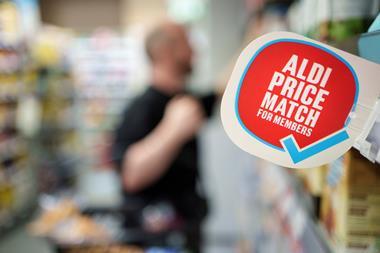The British Retail Consortium is calling on Government to cut the “excessive” and “unjustifiably high” charges banks levy on retailers for accepting debit and credit card payments.
The growth of non-cash payment methods “promises big windfalls for banks and a financial blow for shops and customers”, according to the BRC.
Its Cost of Collection survey found that accepting a payment by cash costs the retailer 2.1p, accepting by debit card costs the retailer 8.5p, whereas retailers are charged 34p when customers use a credit card to pay.
The report found that banks’ charges for handling debit card payments were higher than a year ago and have almost doubled in five years.
If charges for every payment method were as low as they are for cash, more than over £480m in cost savings would be passed on to customers through lower shop prices, according to the report.
BRC said retailers are “seriously concerned” that banks plan to make the higher debit card charging regime the norm for the emerging contactless and mobile phone payment methods.
It said that retailers are also unhappy that banks are “deliberately creating new card products - with much higher charges for retailers – and moving customers across to them.”
BRC director general Stephen Robertson said: “There is no justification for such big differences in charges between cards and cash. With payment technology and efficiency developing, card charges should be going down not up. Banks are currently levying charges on card payments well beyond what it actually costs them to process those transactions. They can’t expect to maintain those excessive charges as numbers of non-cash payments grow. >“In the end it’s customers who meet these unfair costs in the prices they pay. Banks must reduce their charges to reflect more honestly the costs they actually incur in processing transactions.”
























3 Readers' comments